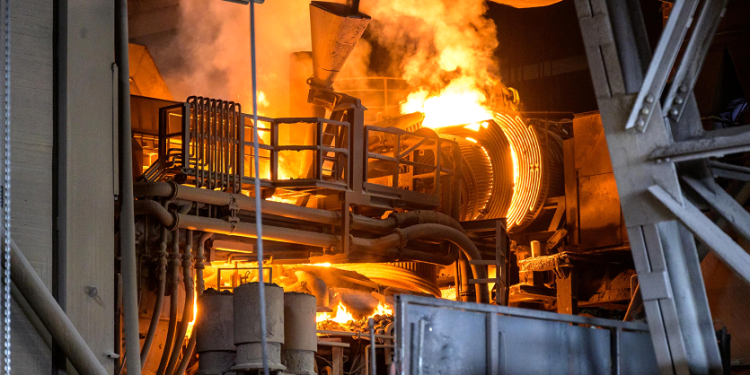The closure of key ArcelorMittal South Africa (AMSA) steel mills has sent shockwaves through the country’s economy—especially the automotive sector. With plants in Vereeniging and Newcastle set to shut down, major car manufacturers like Toyota and Volkswagen face serious disruptions in their supply chains.
Why Are AMSA Steel Mills Closing?
On January 6th, ArcelorMittal South Africa announced it would close three of its facilities, including two critical steel mills. The decision stems from a combination of persistent challenges:
- Dysfunctional rail freight services
- Skyrocketing electricity costs
- A stagnant economic environment
- State-imposed discounts on scrap metal that benefit competitors using recycled materials
Unlike many local steel producers, AMSA uses iron ore rather than scrap metal. This makes the “price preference system”—which enforces a 30% domestic discount on scrap and a 20% export tax—a major disadvantage for the company.
Government Tries to Intervene—But Will It Be Enough?
In a bid to save the mills and the jobs they support, top South African officials—including Finance Minister Enoch Godongwana, Trade Minister Parks Tau, and Electricity Minister Kgosientsho Ramokgopa—met with Lakshmi Mittal, AMSA’s global owner, during the 2024 World Economic Forum in Davos. But despite high-level talks, no resolution has been announced.
The scrap metal pricing policy remains a sticking point. While it was intended to boost domestic steel production, critics argue it has instead pushed AMSA to the brink, making its operations unsustainable.
Automotive Industry: Facing Supply Chain Turmoil
South Africa’s automotive sector is particularly vulnerable to the steel mill closures. Automakers like Volkswagen and Toyota rely on AMSA for specialized steel products that are not readily available from other local suppliers.
Industry leaders have called on the government and AMSA to delay the closures by at least 12 months, giving companies time to find alternative suppliers. Without access to local steel, manufacturers may face:
- Higher input costs
- Delays in production
- Increased vehicle prices for consumers
These disruptions could trickle down to buyers, potentially impacting everything from new car availability to the cost of spare parts. Stay updated on the latest market changes through Auto24.co.za and detailed industry insights on iMotoNews.co.za.
Economic Fallout Beyond the Automotive Sector
The potential steel shortage doesn’t stop at cars. President Cyril Ramaphosa’s R4.8 trillion infrastructure plan could also be at risk. Sectors such as construction, engineering, mining, and manufacturing depend heavily on the unique steel products made at the now-threatened mills.
Interestingly, AMSA has already rejected takeover offers from South African investors, casting doubt on any local revival plans. If the mills do close, thousands of jobs could be lost—and the ripple effects could be felt across the entire economy.
Looking Ahead: Uncertainty for South Africa’s Steel and Auto Sectors
The coming weeks will be critical. If no viable plan is reached, South Africa’s automotive industry could be left scrambling for costly imports or struggling to maintain production levels. While global steel markets offer alternatives, the logistics, costs, and compatibility issues with imported steel could complicate matters.
As one industry official noted:
“We can’t just replace AMSA overnight. This isn’t off-the-shelf steel.”
Have Your Say
Do you think the South African government should step in to delay or prevent the closures? Have you or your business faced similar challenges with suppliers? Share your thoughts in the comments below.
And if you’re shopping for a car, keep an eye on how supply chain issues may affect prices—explore Auto24.co.za for the best local deals, and check out iMotoNews.co.za for up-to-date motoring news.





